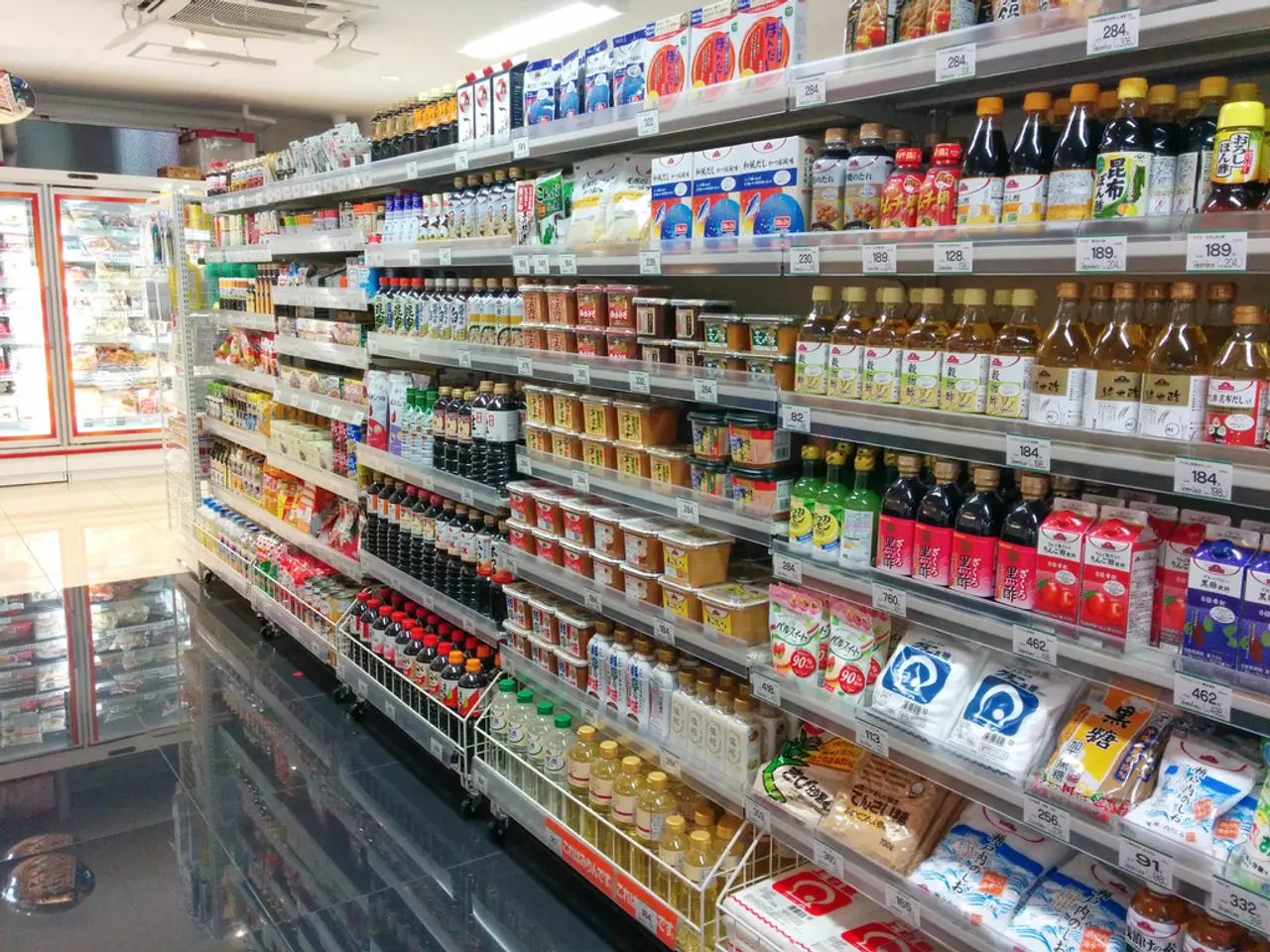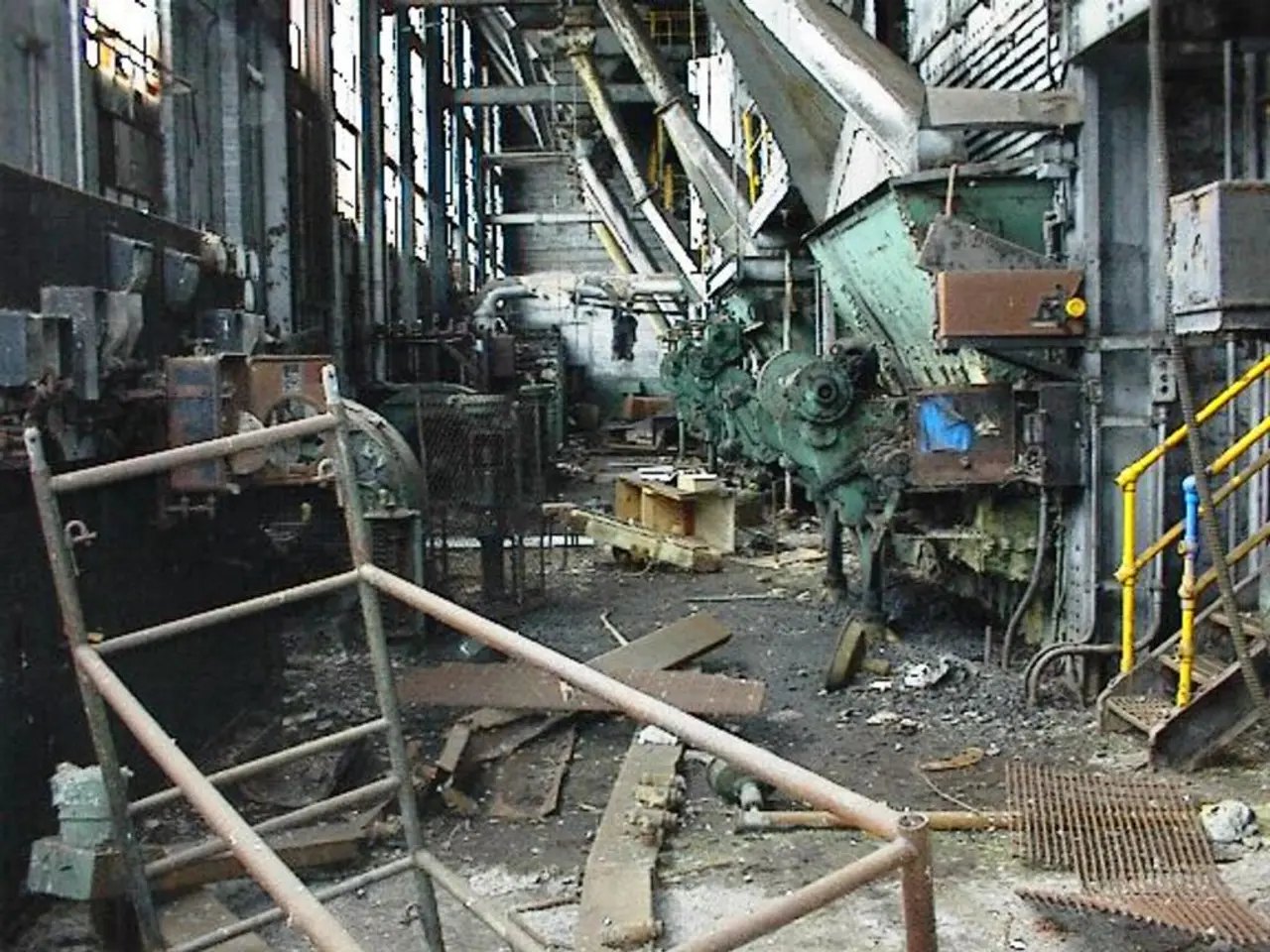A Controversial Decision: Minimum Wage to Climb, Sparking Concerns and Debate
Decision on Minimum Wage Signifies a Significant Reflection of the Current Economic Climate
The Minimum Wage Commission's latest decision has sent ripples through various industries, with some expressing disappointment and alarm. The planned increase in the statutory minimum wage from the current €12.82 to €14.60 per hour over the next few years has earned criticism from employers, particularly those in the logistics, retail, and agriculture sectors.
Logistics on the Verge of AutomationIndustry associations like the Federal Association of Parcel and Express Logistics (BPEX) believe that the upcoming cost increase could prove detrimental. They predict that under the pressure of rising personnel costs, companies will be forced to automate and digitize their processes, leading to potential job losses. The surge in automation could spell trouble for workers, but it could also reshape the logistics industry, fostering innovation and growth.
Agriculture: A Threatened SectorThe German Farmers' Association (DBV) cautions that the minimum wage hike could have dire consequences, potentially leading to the displacement of produce cultivation from Germany. Employers in the agricultural sector warn that they will not be able to withstand the competitive pressure within the EU, leading to further production relocation abroad. To address these concerns, DBV President Joachim Rukwied proposes that seasonal workers earn 80% of the minimum wage to ease the burden on the industry.
Retail Fearing Job LossesThe German Retail Federation (HDE) has taken issue with the deemed increase in the minimum wage. HDE President Alexander von Preen argues that jobs in retail may be at risk if employers cannot justify the wages under the new minimum. The Federal Association of Wholesale, Foreign Trade, and Services shares similar concerns, labeling the commission's decision as an "extremely hard compromise."
A Mixed Opinion Among Economists Despite this wave of criticism, renowned economist Marcel Fratzscher, President of the DIW, views the commission's decision not to increase the minimum wage to €15 as a missed opportunity. Fratzscher believes that a higher minimum wage could aid millions of workers, boost productivity, promote fair competition, and make the labor market more attractive – particularly for foreign workers given the current labor shortage.
The Politicians Weigh InWhile coalition partners, such as SPD top politicians, have previously championed a minimum wage of €15, the commission stuck to its decision. However, the SPD's labor wing has distanced itself from the agreement, with federal chairwoman Cansel Kiziltepe insisting that the black-red coalition should legislate a minimum wage of €15. Kiziltepe, who is also Berlin's social senator, advocates for the belief that anyone who works full-time should not have to live in poverty or require supplementary income.
In summary, the proposed increase in Germany's minimum wage has stirred debate among industries and economists. While critics worry about job losses, increased costs, and potential displacement, supporters argue that a higher minimum wage is crucial to improving worker conditions, stimulating growth, and reducing poverty. The full impact of the adjustment will unfold over time, shaping the nation's ongoing efforts to balance economic growth with fair labor standards.
Vocational training programs may need to be adjusted to accommodate the cost of employing workers under the new minimum wage policy, as employers in various sectors, such as logistics, agriculture, and retail, are contemplating changes in their business models due to increased financial burdens. The ongoing debate about minimum wage in politics highlights the general-news importance of finding a balance between supporting workers and fostering a thriving economy.





